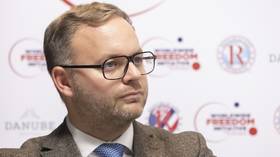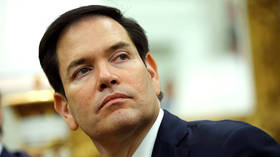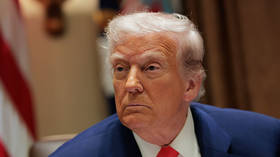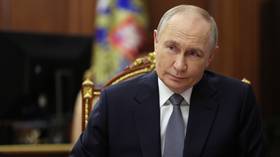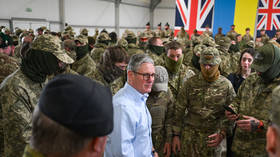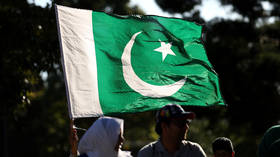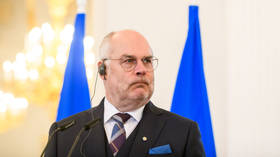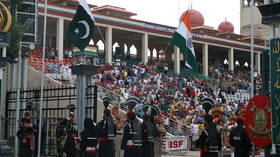West should consider placing ‘conventional deterrence’ in Ukraine – France

The West should seriously consider placing “conventional deterrence” assets, which could include long-range missile sytems, on Ukrainian soil once the hot phase of the conflict is over, French Defense Minister Sebastien Lecornu has said.
In an interview with the broadcaster TF1/LCI on Monday, Lecornu weighed in on Vladimir Zelensky’s much-touted “victory plan,” which the Ukrainian leader presented to the national parliament last week.
The plan calls for, among other things, an invitation to immediately join NATO, and the lifting of Western restrictions on the use of foreign-made long-range weapons for strikes against Russia. Zelensky also proposed that the West “deploy a comprehensive non-nuclear strategic deterrence package” on Ukrainian soil to keep Russia at bay.
He later explained that this package should “either force Russia to participate in real peace negotiations or allow for the destruction of their military targets,” adding that it should include missile systems.
Lecornu praised Zelensky’s plan as “the beginning of a political path in which we must assume to help Ukraine in the long term, and especially to ask the question what would happen next.” The minister noted that if Kiev concludes a ceasefire with Moscow, this “raises the question of conventional deterrence” which he said will “discourage a new Russian aggression.” This “is an issue that needs to be addressed now,” he added.
The minister stressed that he believes that “one day Ukraine will talk again to Russia,” recalling that the Zelensky plan assumes that Ukraine will retake all of its territories lost to Russia.” “The difficulty of the current moment is that we must assume the balance of forces,” Lecornu pointed out.
While French Foreign Minister Jean-Noel Barrot has signaled that Paris is ready to back Zelensky’s plan, several NATO nations have been less enthusiastic. German Chancellor Olaf Scholz has refused to give Kiev long-range missiles or support its quick accession to NATO, while Hungarian officials have warned that such an approach could result in a major escalation. Earlier media reports also indicated that many Western backers were skeptical of the roadmap, seeing it as nothing more than a “wish list.”
Russian Foreign Ministry spokeswoman Maria Zakharova has dismissed Zelensky’s plan as a “set of incoherent slogans” and “bloody foam on the lips of a neo-Nazi killer,” adding that Kiev was “pushing NATO members towards a direct conflict” with Russia.
